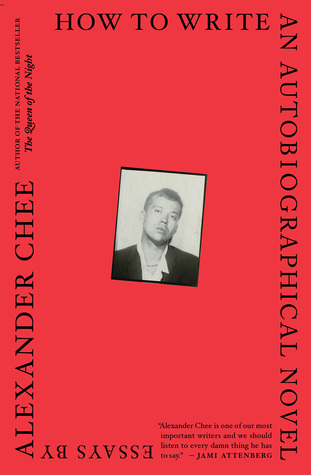View all notes
The billing guy seemed like a decent fellow stuck with a shitty job [...] He was embarrassed and apologetic, but he had a job to do. It wasn't his fault the system was so totally fucked up. There was nothing that one guy could do about it.
build worker power and push for medicare for all pls
(it's tricky cus obvs the responsibility shouldnt be on the workers, who prob dont have great prospects elsewhere anyway, but the people who have the power to change things have no interest in doing so. what's the alternative, if you want to change the system?)
Martin knew that The Event was coming. The fact was the world just didn't need all those people anymore, and the market had revealed that fact, squeezing them into tinier, more uncomfortable places. He wouldn't tolerate it if he was in their shoes. He'd be the first one to build a guillotine [...]
I like the way this is written in free indirect style from the POV of a character whose political views/morals are the complete opposite of Doctorow's, but who recognises the same facts. basically a right-wing marxist. clever narrative tool!
[...] the semi-employed, semi-employable dimbulbs who lucked into a prime piece of location would soon find themselves gently ushered to a place that was better matched with their worth to society and the human race.
[...] the smartest and best had figured out how to improve even the most marginal assets, well beyond the capacity of the 99 percent, and now the 99 percent had found themselves relieved of all their worldly goods and lacking the sums to rent anywhere to perch while they waited to die.
Martin describes this earlier on as being akin to large-scale gentrification
[...] Martin didn't let himself feel empathy for her. It was the grasshopper and the ants: he'd done all the work to make himself a cozy shelter from the blowing winter and she had done whatever she'd done instead---made a bunch of babies, watched reality TV, taken drugs, or crocheted. People who didn't think ahead were self-correcting problems. She was correcting herself, and it wasn't pretty, but it wasn't his problem, either.
(the aunt, with cholera)
(the ending is great if a little too heavy-handed cus Martin basically dies from the same thing while she lives)
I STUDIED THE BLADE
[...] Martin couldn't help but brag that each of those little shot glasses held $100 worth of liquor at pre-collapse prices. Who knew what it would fetch in the marketplaces of the new world when it emerged? [...]
haha this reminds me of the man in the high castle, Robert trying to get a piece of the statue of liberty
[...] the people there were willing to trade eggs and cheese for gemstones. Martin loved that: he had a lot of gemstones stockpiled, and in the wee hours of the night he wondered if he was kidding himself about whether anyone would want them. You can't eat gems, and converting them to useful goods required something like a functioning civilization. The fact that these stoic Latino farmers were willing to take a little bag of rubies and sapphires for five big wheels of cheese and a promise of four dozen eggs per week for the next month meant that they, too, thought that civilization would come back.
Civilizations had risen and fallen before. Humanity needed to work together, but hell was other people. When the best people were on top, things worked: they convinced the rational, cajoled the stubborn, and, frankly, forced the rest. It was for the greater good. Put one of the losers, the takers, at the top of the pile, and they'd lead the rest into catastrophe. [...]
isn't this tautological though? the "best" are the ones who are able to keep this system of hierarchy working, not the ones who are "the best" by a rational external metric
[...] Martin was glad that gemstones were still acceptable trade goods. He looked forward to the day when he could get his thumb drives out of his floor safe and start mobilizing his cryptocurrency assets again.
he's basically just Childan from High Castle lmao. brain so broken by capitalism
It was my greatest dream to live out this kind of story, of power gained through either inborn abilities or persistence, and though I couldn't have said this at the time, this dream coming true would have meant all my struggles were worth it.
[...] There was something I wanted to feel, and I felt it only when I was writing. I think of this as one of the most important parts of my writer's education---that when left alone with nothing else to read, I began to tell myself the stories I wanted to read.


